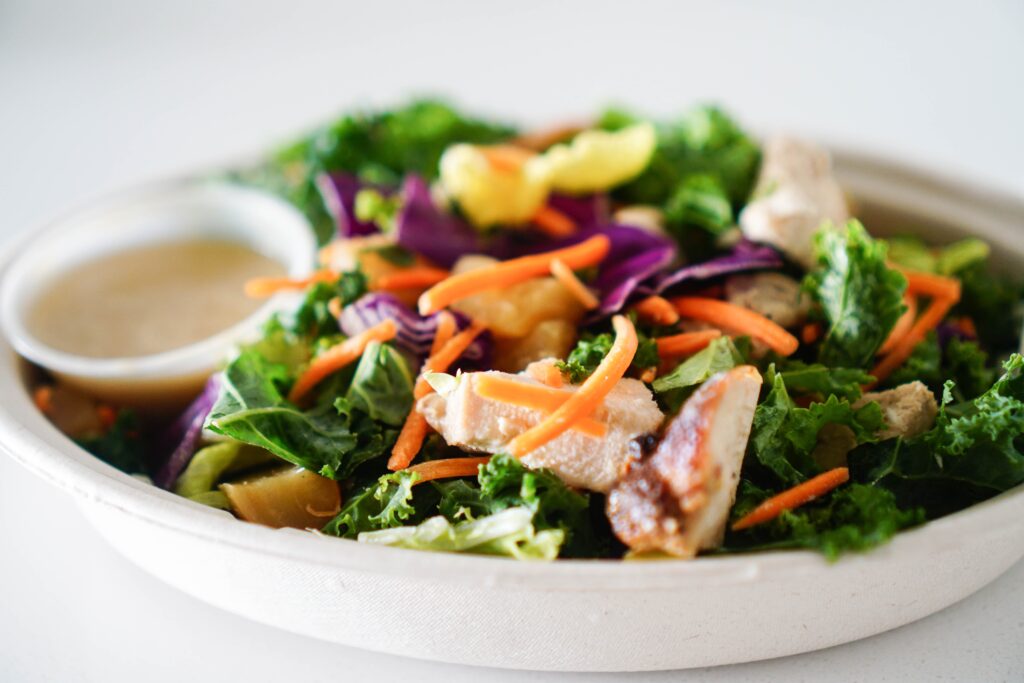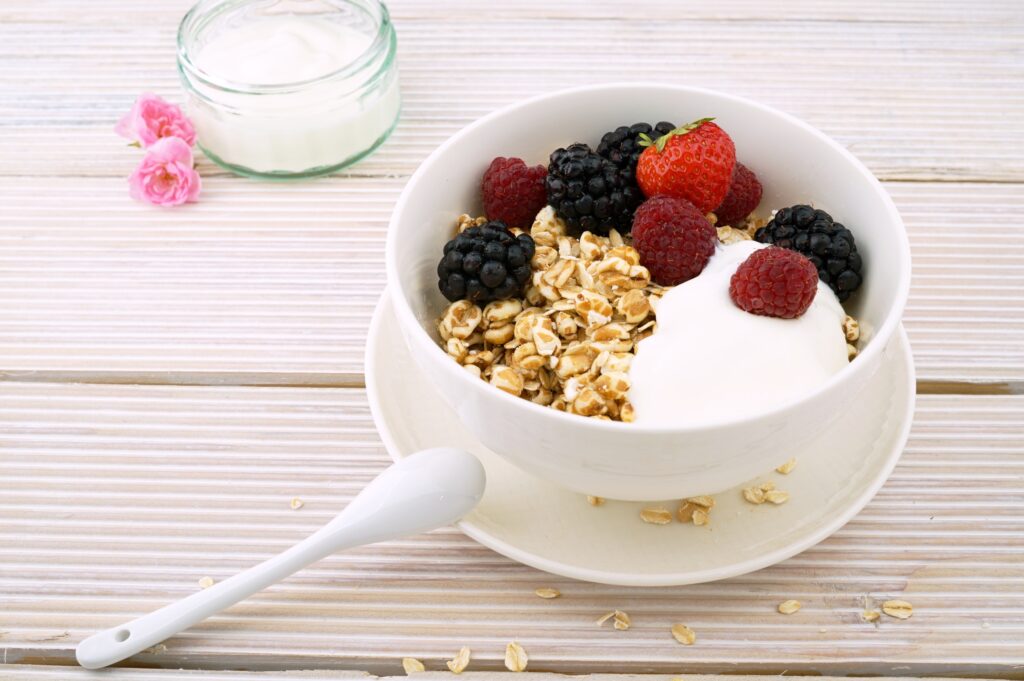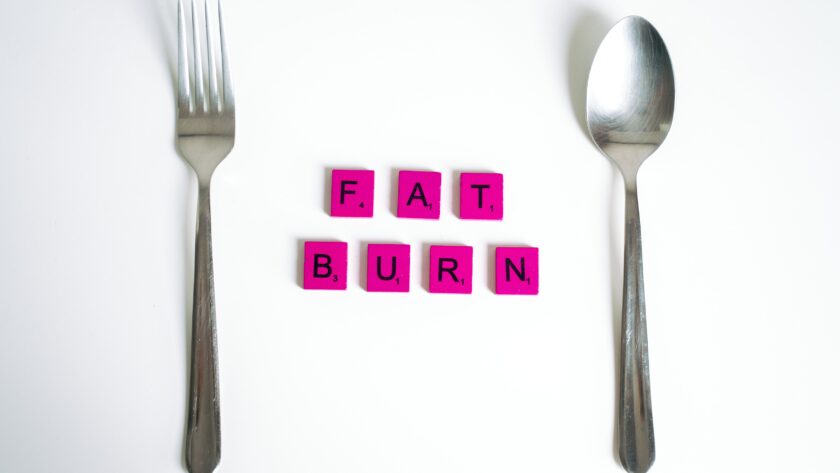Are you tired of feeling sluggish and uncomfortable in your own skin? Do you want to lose weight and feel confident again? If so, you’re not alone. Many people struggle with weight loss, but the good news is that it’s achievable with the right knowledge and approach. Fat loss is the process of reducing body fat while maintaining muscle mass. It’s important to note that weight loss and fat loss are not the same things. Weight loss can include water weight, muscle mass, and fat, whereas fat loss specifically targets excess body fat. In this comprehensive guide, we’ll cover everything you need to know about fat loss, including tips for success.
Understanding Fat Loss
Fat loss refers to the process of reducing body fat while maintaining or increasing muscle mass. The goal of fat loss is not just to lose weight but also to improve overall health and fitness. When you lose body fat, you reduce your risk of chronic diseases such as diabetes, heart disease, and cancer.
Understanding Calories
When our bodies need power for daily activities, it turns to the energy contained in calories. Unfortunately, if we consume too many of these units of energy than necessary, they are stored as fat instead. To reduce body fat and reach a healthier weight, you’ll want to sustain a calorie deficit by eating fewer calories than your body expends. Your individualized needs can be calculated based on age, gender, height/weight ratio, and activity level; use an online calculator or seek advice from a registered dietitian regarding this number.

How Many Grams of Fat Per Day To Lose Weight?
To effectively lose weight through fat loss, you should consume 20%-35% of your daily calorie intake from the fats you eat. This range is effective for weight loss and maintaining good health. However, it’s important to note that not all fats are created equal. You should focus on consuming healthy fats such as those found in nuts, seeds, avocados, and fatty fish.
Essential Nutrients For Fat Loss
Healthy fats are not the only key components in successfully losing fat. There are other essential nutrients that must be included for optimal results, such as:
Protein
Protein is a crucially important nutrient for anyone wanting to increase muscle mass and reduce body fat. To maximize the benefits, aim to consume 0.8 grams of protein per pound of your total body weight each day.

Carbohydrates
For optimum health and vitality, it is essential to prioritize complex carbohydrates such as whole grains, fruits, and vegetables. Not only do these sources provide the energy necessary for physical activity but also offer countless additional benefits.
Vitamins And Minerals
Vital vitamins and minerals are essential for maintaining optimal health. To obtain a balance of these nutrients, richly incorporate a variety of fruits and vegetables into your everyday diet. Doing so will guarantee you receive the recommended amount of key vitamins and minerals that promote overall well-being.
Create a Calorie Deficit:
Ultimately, the key to gaining fat loss is creating a calorie deficit. This means burning more calories than you consume on a daily basis through physical activity or exercise.
Conclusion
If you want to reach your fat-loss goals, the right education and plan are essential. Through creating a calorie deficit from diet and exercise with well-rounded macronutrient ratios; eating natural foods; staying hydrated regularly; getting plenty of sleep each night, plus managing stress levels – anyone can make their dreams happen.




